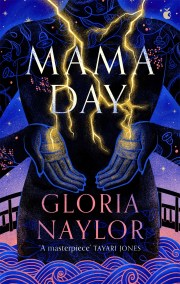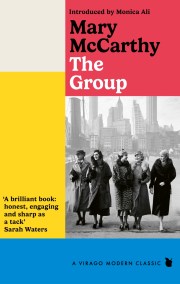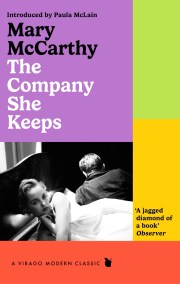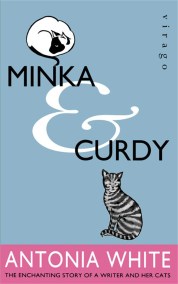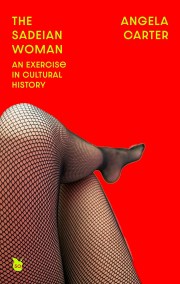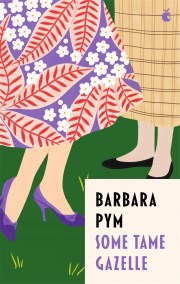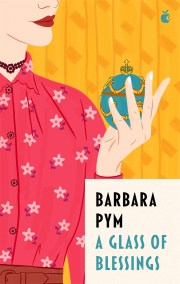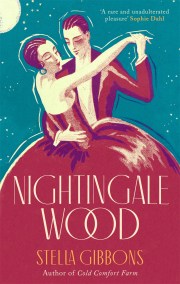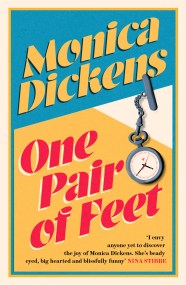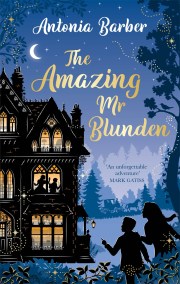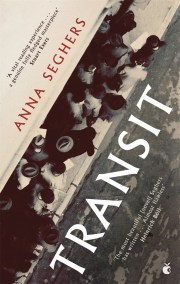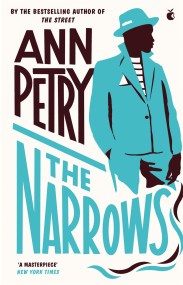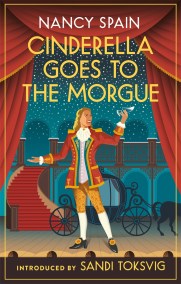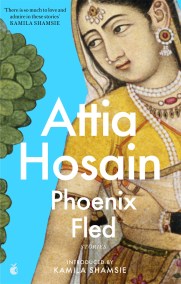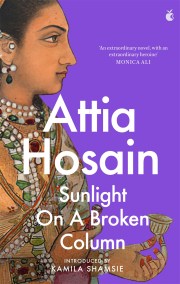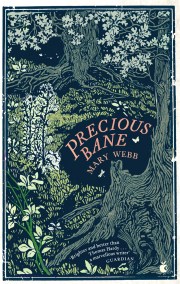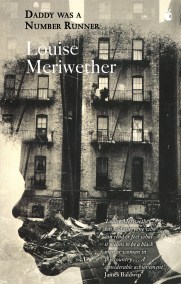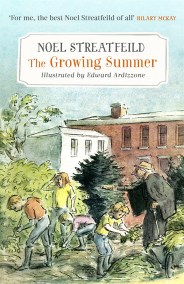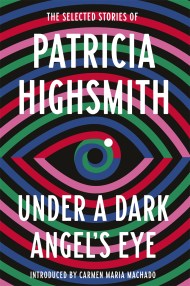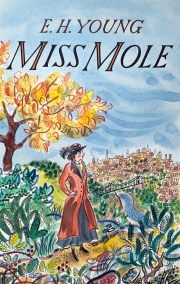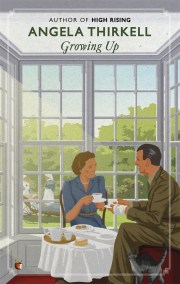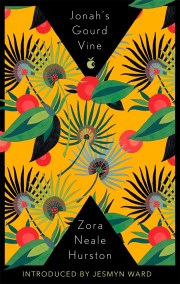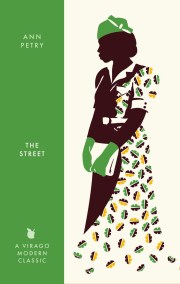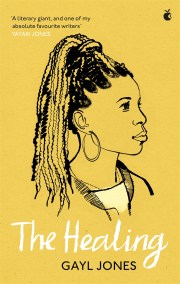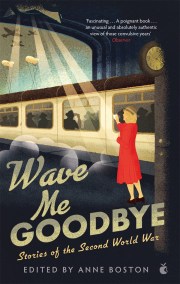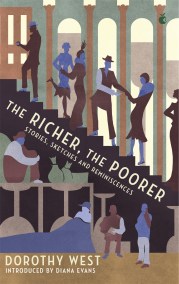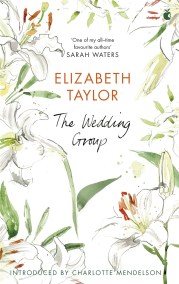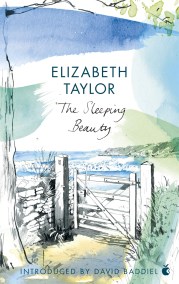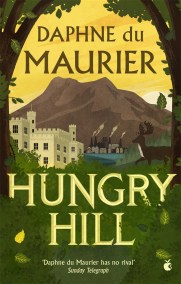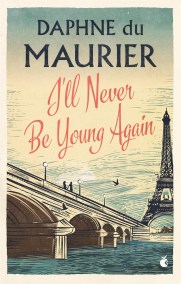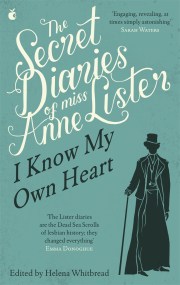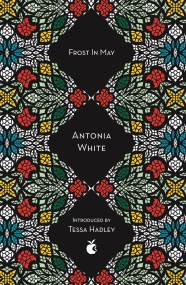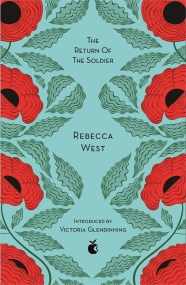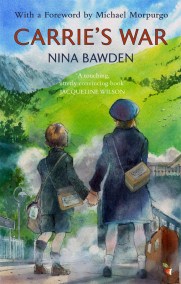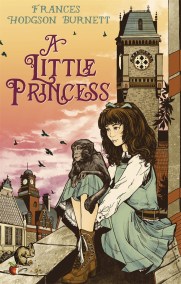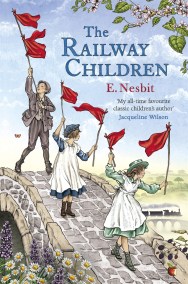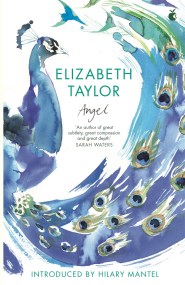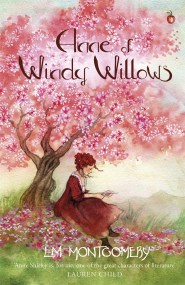No novel about any Black woman could ever be the same after this’ TONI MORRISON
I dreamed with my eyes open. All the Corregidora women with narrow waists and high cheekbones and wide hips. All the Corregidora women dancing.
Blues singer Ursa is consumed by her hatred of Corregidora, the nineteenth-century slave master who fathered both her mother and grandmother. Charged with ‘making generations’ to bear witness to this legacy of abuse, Ursa must confront her family history after a fight with her husband leaves her unable to have children. Haunted by the ghosts of a Brazilian plantation, pained by the fractured relationships of her present, she slowly and firmly strikes her own terms with womanhood.
Upon publication in 1975, Corregidora was hailed as a masterpiece, winning acclaim from writers including James Baldwin, Maya Angelou, Toni Morrison and John Updike. Exploring themes such as race, sexuality and the long repercussions of slavery, this powerful novel paved the way for Beloved and The Colour Purple.
‘Corregidora is the most brutally honest and painful revelation of what has occurred, and is occurring, in the souls of Black men and women’ JAMES BALDWIN
‘A literary giant, and one of my absolute favourite writers’ TAYARI JONES
‘An American writer with a powerful sense of vital inheritance, of history in the blood’ JOHN UPDIKE, NEW YORKER
I dreamed with my eyes open. All the Corregidora women with narrow waists and high cheekbones and wide hips. All the Corregidora women dancing.
Blues singer Ursa is consumed by her hatred of Corregidora, the nineteenth-century slave master who fathered both her mother and grandmother. Charged with ‘making generations’ to bear witness to this legacy of abuse, Ursa must confront her family history after a fight with her husband leaves her unable to have children. Haunted by the ghosts of a Brazilian plantation, pained by the fractured relationships of her present, she slowly and firmly strikes her own terms with womanhood.
Upon publication in 1975, Corregidora was hailed as a masterpiece, winning acclaim from writers including James Baldwin, Maya Angelou, Toni Morrison and John Updike. Exploring themes such as race, sexuality and the long repercussions of slavery, this powerful novel paved the way for Beloved and The Colour Purple.
‘Corregidora is the most brutally honest and painful revelation of what has occurred, and is occurring, in the souls of Black men and women’ JAMES BALDWIN
‘A literary giant, and one of my absolute favourite writers’ TAYARI JONES
‘An American writer with a powerful sense of vital inheritance, of history in the blood’ JOHN UPDIKE, NEW YORKER
Newsletter Signup
By clicking ‘Sign Up,’ I acknowledge that I have read and agree to Hachette Book Group’s Privacy Policy and Terms of Use
Reviews
Gayl Jones's first novel, Corregidora (1975), was both shocking and ground-breaking in its probing of the psychological legacy of slavery and sexual ownership through the life of a Kentucky blues singer . . . it predated Alice Walker's The Color Purple and Toni Morrison's Beloved, revealing an unfinished emancipation and the power of historical memory to shape lives. It also marked a shift in African-American literature that made women, and relationships between black people, central
A breathtaking novel that stands as one of the most important twentieth century works of African American literature. Jones captures the web of inheritances that shaped the lives of Black women in slavery and freedom, from trauma to resilience, and from flesh to spirit. Corregidora is deeply affecting and endures in the hearts and minds of readers
Corregidora's survey of trauma and overcoming has become even better and more relevant with the passage of time. It remains an indispensable point of entry into the tradition of African American writing that Gayl Jones reshaped and enriched
No novel about any black woman could ever be the same after this
Corregidora is the most brutally honest and painful revelation of what has occurred, and is occurring, in the souls of Black men and women . . . it dares to confront the absolute terror which lives at the heart of love
Corregidora examines how the trauma of slavery is imprinted on the black female body and passed down from generation to generation. Gayl Jones's work remains essential and vital; I will be rereading her catalog for the rest of my life
An American writer with a powerful sense of vital inheritance, of history in the blood
She writes beautifully, painfully, furiously and righteously about violence and desire
The book is plotted like a beautiful, tear-filled song
A literary giant, and one of my absolute favourite writers











